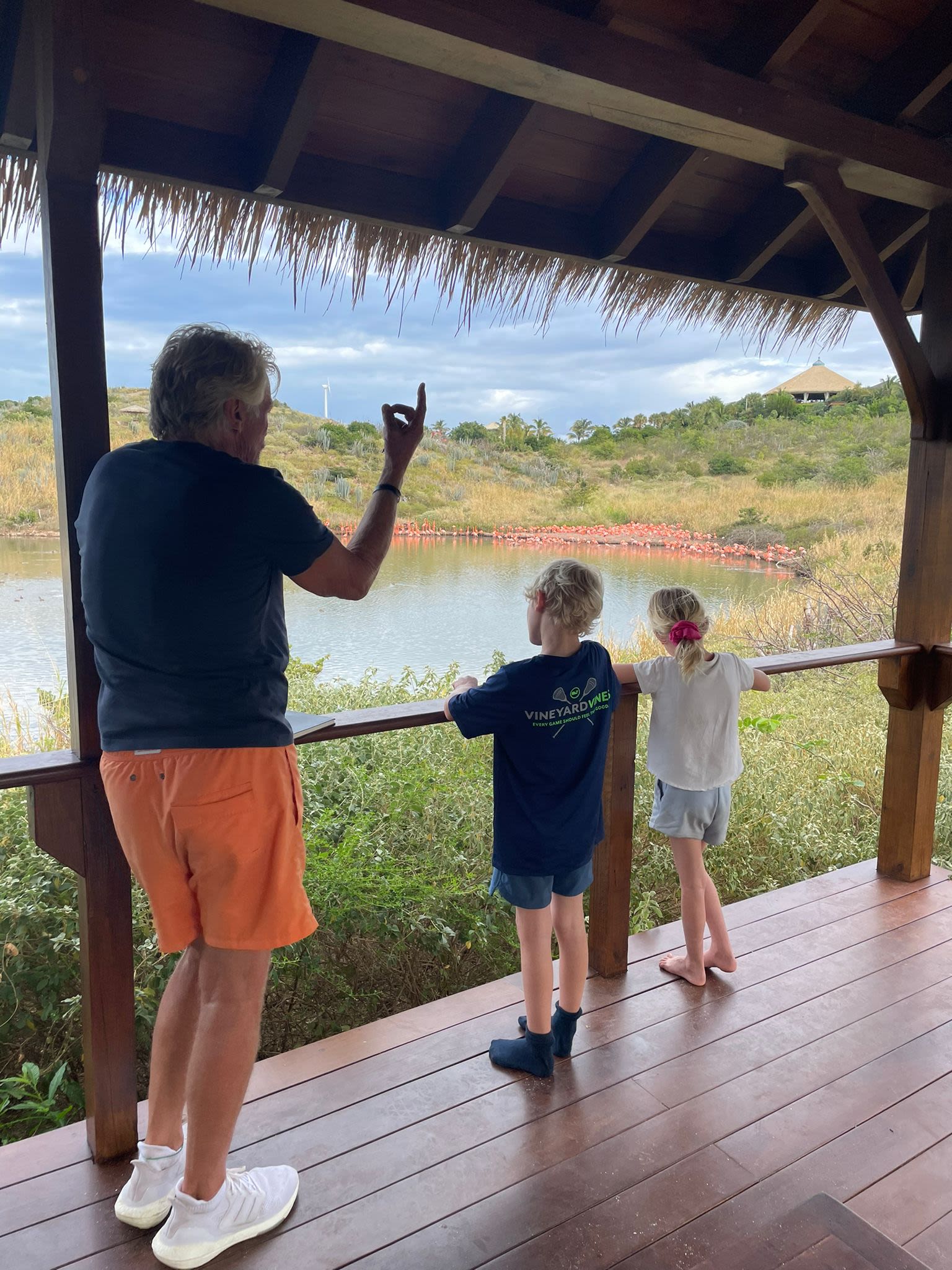Re-assessing assessment
It was fascinating to read The Times Education Commission’s interim report, which confirm our belief at Big Change that there is a great demand to overhaul GCSEs and to reform the education system - as experts, businesses, parents, teachers and students shared their opinions, concerns and hopes for the future of education.
The report, which will be finalised in June 2022, placed a strong emphasis on how students are ill-prepared for the world of work, and highlighted the huge inequalities seen in education across the UK. The report also made clear the economic case for education reform, including the benefits of focusing on creativity and entrepreneurialism in education. In fact, the commission found that reimagining education would contribute £125 billion to the economy.
Dad penned a wonderful piece in The Times to support the report, and I particularly loved what he wrote about the need to remove standardised testing as a marker of success:
“I once did an IQ test as an eight-year-old. I don’t think I filled in anything. Go forward 30 or so years, I was running Europe’s largest private group of companies. I didn’t know the difference between gross and net [profit], but it didn’t matter... What mattered was my character, whether I was good at inspiring people and motivating people, whether I wanted to make a real difference in the world.”
It's inspiring to see the growing momentum to re-define success, and it’s one of our biggest motivators at Big Change. As Professor Bill Lucas (co-found of Rethinking Assessment, a friend of Big Change) wrote in a report from 2021 called, Rethinking Assessment in Education: The Case for Change:
“Across the world, assessment is not working. We are not evidencing the kinds of dispositions and capabilities that society increasingly wants. Educational jurisdictions are placing too much reliance on high-stakes, standardised testing. They are testing the wrong things in the wrong ways. High-stakes assessment is having a damaging impact on the health and well-being of students and it is not giving universities, colleges or employers the kind of information they want.”
These are strong words, but if we are to bring about the systemic change required to prepare people for the future of work – we need strong words and strong action.
The UK is one of the few countries in the world (and the only country in Europe) that still carries out high-stake, standardised testing at the age of sixteen. I’ve never quite understood why we continue to put kids through the stress and anxiety of exams that fail to prepare them for life in the 21st century. In fact, UK GCSE exams fail 33% of all 16-year-olds. The students who do not make the grade have become known as ‘the forgotten third’. What worries me the most is that these young people see themselves as failures when this is so far from the truth.
We've done our own research with the Big Education Conversation, which also showed the desire to re-assess assessment. Polling found that young people (79%), parents (74%), educators (77%), and employers (78%) all agree that “now is the time to rethink the purpose of education and to change the system for the better”. None of these groups thought the main priority of education should be “academic achievement” and “exam results”. Instead, they want schools to focus more on “ensuring children enjoy learning for life”, “giving children an understanding of the world around them” and “preparing children for the world of work”.
When I have conversations with friends and colleagues about replacing standardised testing in schools, I’m sometimes greeted by looks of horror. I always try to explain that we don't need to get rid of young people being assessed, we just change the way we do it so it captures a broader view of learning and skills. This is when people tend to come around. When we reimagine education, we envision a world where students are not only get assessed on skills like literacy, numeracy and science, but also on critical thinking, problem-solving, emotional intelligence, communication, resilience, and other skills that contribute to a well-rounded education.
Like many business leaders today, I am a lot less interested in the list of academic achievements within a candidate’s CV than I am in their practical skills and lived experiences. I want to know about them as a person - what makes them tick? What fills them with purpose? how do they solve problems? Do they work well in a team? How do they care for society and communities? This is insight you can’t define from A-E.
In 2022, we have an unparalleled opportunity to change the course of education so it is fit for purpose in the digital age, and so students can really thrive in life. Let’s not fail our young people, the way we too often fail them on exams.
To learn more about our work at Big Change on reimaging education and, the innovative approach being taken to empower the ‘whole’ child for success, click here: www.bigchange.org.








